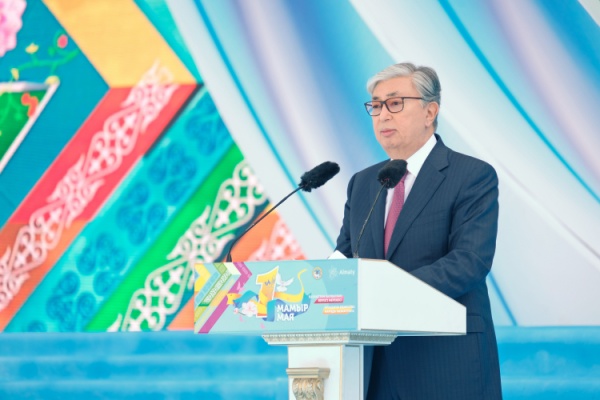Did Cryptocurrency Miners Crash the Central Asian Power Grid?
By Tony Pizur
February 22, 2022, the CACI Analyst
On January 25, Kazakhstan experienced widespread power outages that also affected neighboring Uzbekistan and Kyrgyzstan. Decaying infrastructure and increasing energy demand from cryptocurrency miners were blamed for the failure. Crypto operations are controversial because they divert scarce electricity resources from traditional household and industrial uses. After China’s complete ban on cryptocurrency activity last year, Kazakhstan was unprepared to accommodate the sudden influx of displaced crypto miners; nevertheless, the country quickly became the world’s second-largest source for newly minted bitcoins. Stopgap measures to restore power included patching physical infrastructure, sourcing electricity from Russia, and temporarily banning cryptocurrency mining.
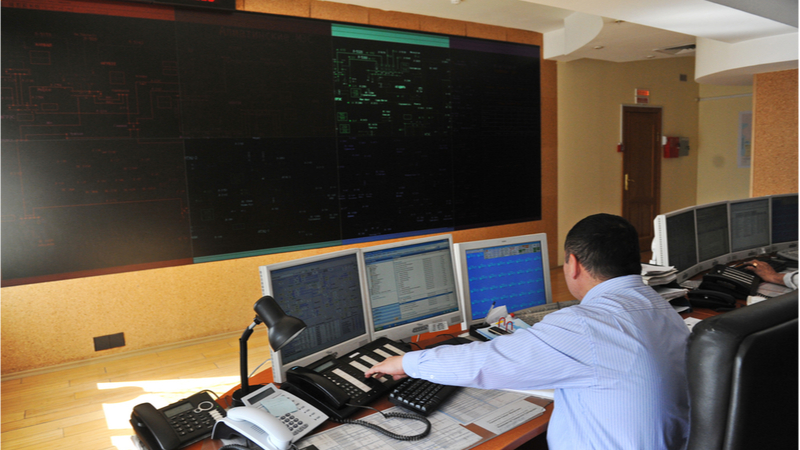
Elite fighting and the unrest in Kazakhstan
By Natalia Konarzewska
February 11, 2022, the CACI Analyst
On January 18, Kazakhstan’s former president Nursultan Nazarbayev gave a first video-recorded speech to the nation since the deadly unrest that shook the country in early January. In his address, Nazarbayev vehemently denied that there was any struggle for power in Kazakhstan’s top political echelons and called for supporting incumbent president Kassym-Jomart Tokayev. Yet there are many indicators that Nazarbayev, his family members and close associates are currently losing their posts in the state apparatus while president Tokayev concentrates his powers. The fast pace by which Nazarbayev’s legacy is dismantled by his successor in the aftermath of the recent deadly turmoil and CSTO intervention suggests that Kazakhstan’s carefully planned and micromanaged succession of power might have failed.
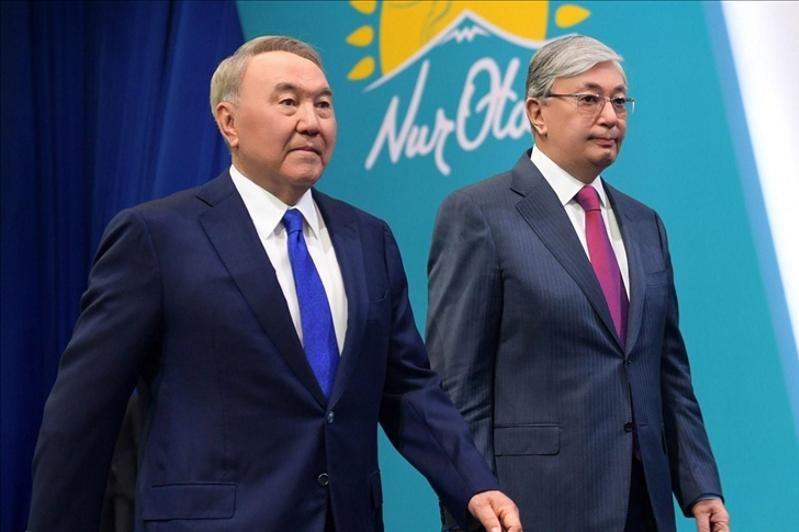
Kazakhstan’s Stress Test: The January Tragedy and its Aftermath
By Ariel Cohen
January 24, 2022, the CACI Analyst
In the first weeks of 2022, Kazakhstan experienced its most intense protests since the collapse of the Soviet Union. The causes of the turmoil in the country – like any major upheaval – are multi-faceted and were long in the making. Despite the violence, the speed of crisis resolution is impressive, and the country appears to continue on its path of modernization, reforms, and a balanced foreign policy, which keeps the great powers: U.S., Russia, and China engaged and at a safe distance. Less than three weeks after the violent eruption, the painful “lessons learned” period has begun.
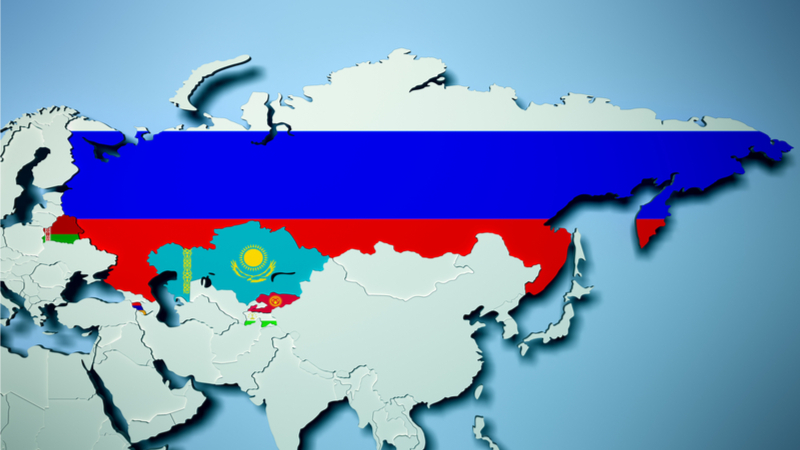
Thirty Years After the Belovezha Accords: Facing Russian Chauvinism, Kazakhstan Reaffirms its Sovereignty
By John C. K. Daly
December 20, 2021, the CACI Analyst
On December 10, 2020, Russian Duma deputy Viacheslav Nikonov claimed that there had been no such country as Kazakhstan in the past, and that the northern part of modern-day Kazakhstan used to be unpopulated. He did so on his “The Great Game” (Большая игра) TV program on the state-backed Channel One, dedicated to the 30th anniversary of the signing of the Belovezha Accords. Rubbing salt in the wound, Nikonov added that “Kazakhstan’s territory is a big gift from Russia,” causing consternation in the Kazakh government and outrage in the country’s media. In light of Russia’s March 2014 unilateral territorial absorption of Ukraine’s Crimea, questions of post-Soviet national territorial sovereignty are not an idle concern.
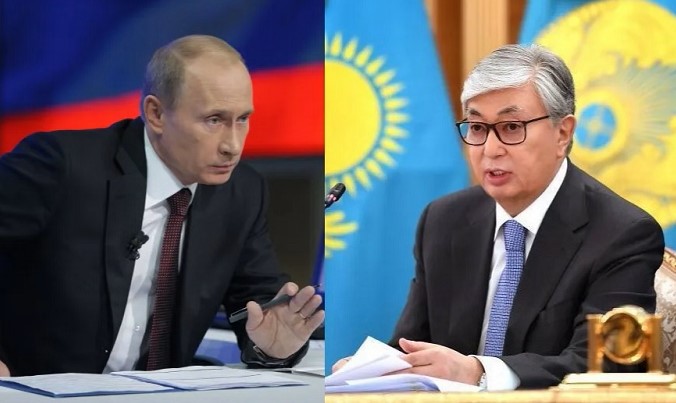
Tokayev’s Economic Reforms
By Albert Barro and Svante E. Cornell
Deceber 14, 2021, the CACI Analyst
While the political aspects of reforms in Kazakhstan have gained considerable attention, economic reforms are an equally strong focus of President Kassym-Jomart Tokayev’s policy agenda. Building on the initiatives developed by his predecessor, President Tokayev has implemented plans that serve to diversify Kazakhstan’s economy. Key measures include the development of agriculture, as well as the strengthening of manufacturing, in order to make Kazakhstan a bread-basket of Central Asia as well as a producer of household goods.
